1. Clotpole

Back in the day, calling someone a “clotpole” was the equivalent of saying they were as useful as a rock. This Shakespearean insult combines “clot,” meaning a lump, with “pole,” implying stiffness or stupidity. Essentially, it meant someone was a complete fool with the intelligence of a brick wall. The Bard loved colorful language, and this one appeared in Measure for Measure, proving that 17th-century insults had flair. If you were called a clotpole, it was not just an attack on your intelligence but also on your ability to function in society says the Oxford English Dictionary.
Imagine someone bumping into you in the street and muttering, “Watch where you’re going, you clotpole!” It would have been enough to start a duel or, at the very least, a very heated argument. These days, it sounds more like something a fantasy character might say, but at one point, it could ruin your day. Thankfully, it’s fallen out of fashion, but it might be worth bringing back just for fun adds Merriam-Webster.
2. Coxcomb
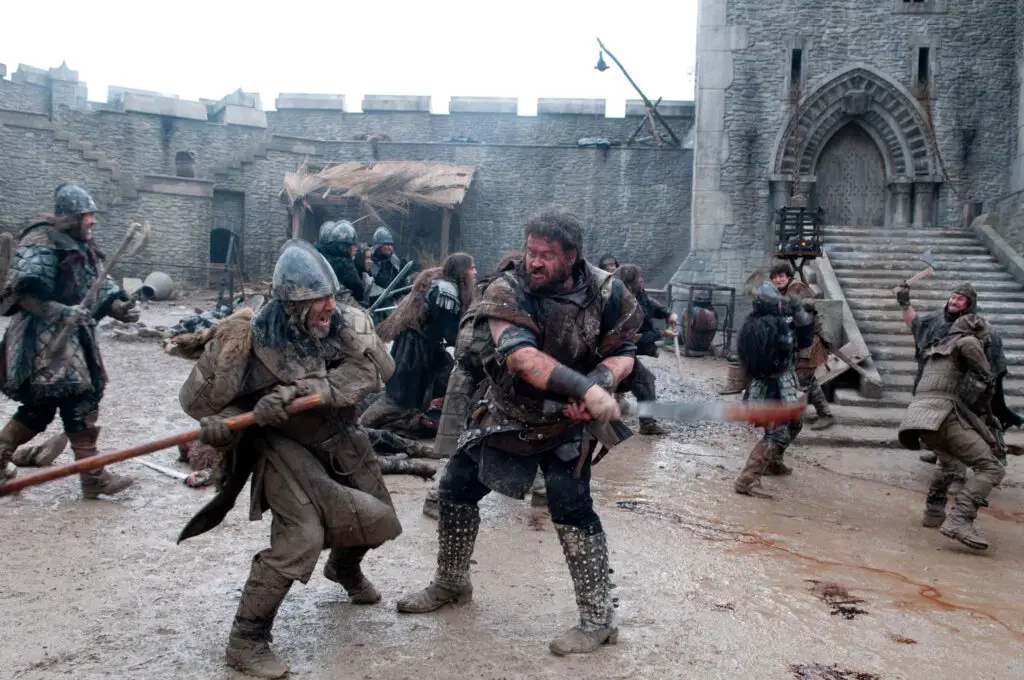
Being called a “coxcomb” in the past wasn’t just an insult—it was a direct challenge to your character. The word originally referred to the frilly, red crest on a rooster’s head, and over time, it became slang for a vain, self-absorbed man. If someone called you a coxcomb, they were basically saying you were strutting around like a pompous fool, more concerned with your appearance than anything else. The term was especially popular in the 16th and 17th centuries, making frequent appearances in plays and literature shares Wikipedia.
The best part? This insult wasn’t just a minor jab; it could lead to an all-out fight. No self-respecting gentleman wanted to be labeled as a foppish, preening dandy. Today, it might not pack the same punch, but if you ever need to insult someone without them realizing it, calling them a “coxcomb” might just do the trick. At worst, they’ll assume you’re complimenting their hair.
3. Scobberlotcher
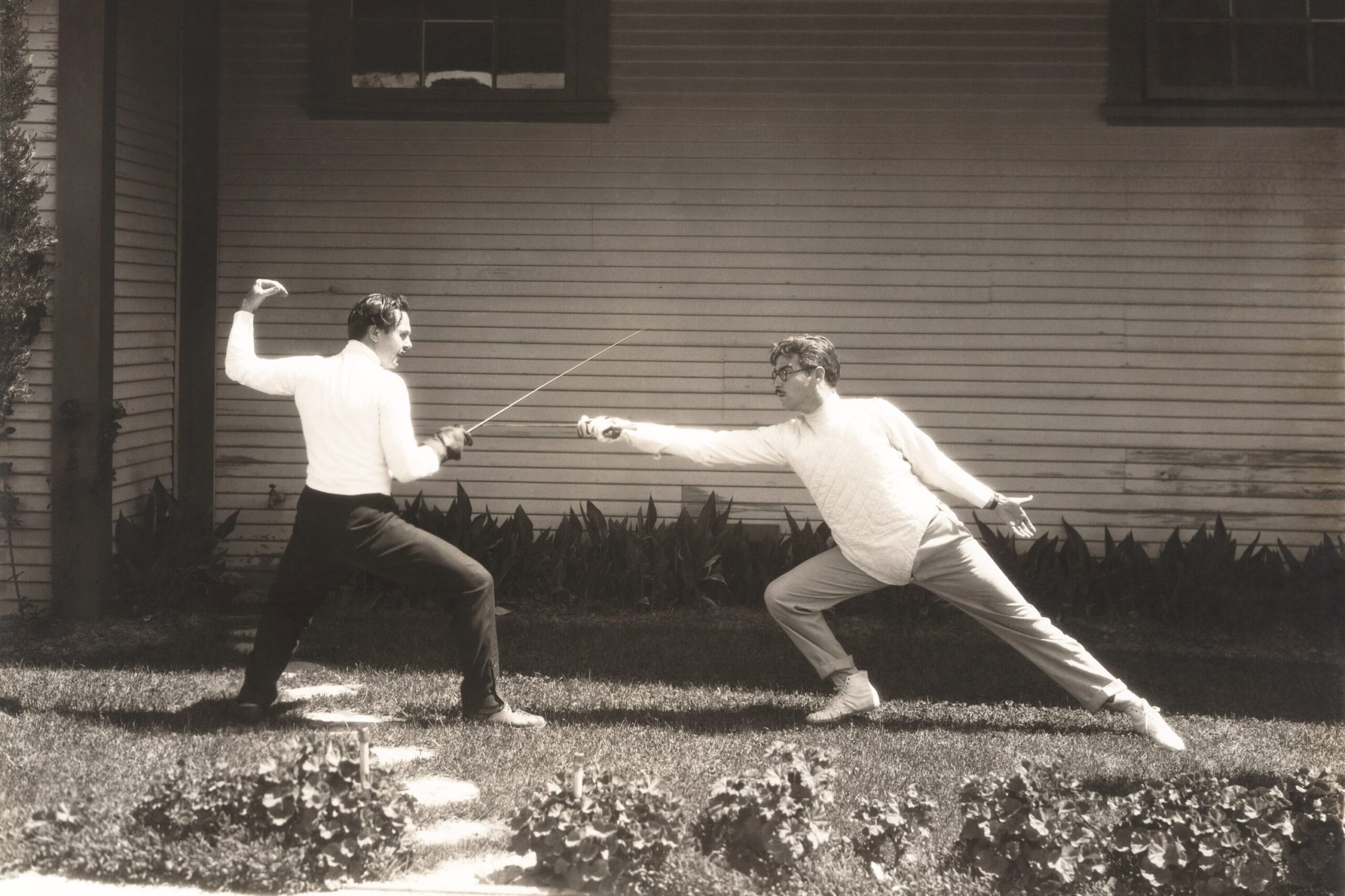
If you were called a “scobberlotcher” in the past, it meant you were a lazy, good-for-nothing slacker. This delightfully strange word was used to describe people who avoided work at all costs, preferring to lounge around instead of contributing to society. While the exact origins are a bit murky, it’s clear that being labeled a scobberlotcher was not a compliment. It wasn’t just about laziness—it implied a total lack of ambition or responsibility says Quora.
In an era where hard work was seen as a virtue, being called a scobberlotcher could seriously damage your reputation. It might not have led to an outright duel, but it could certainly get you kicked out of a social circle or a job. These days, we have plenty of words for slackers, but none quite as fancy. Maybe it’s time to reintroduce “scobberlotcher” to shame that one coworker who never pulls their weight.
4. Raggabrash
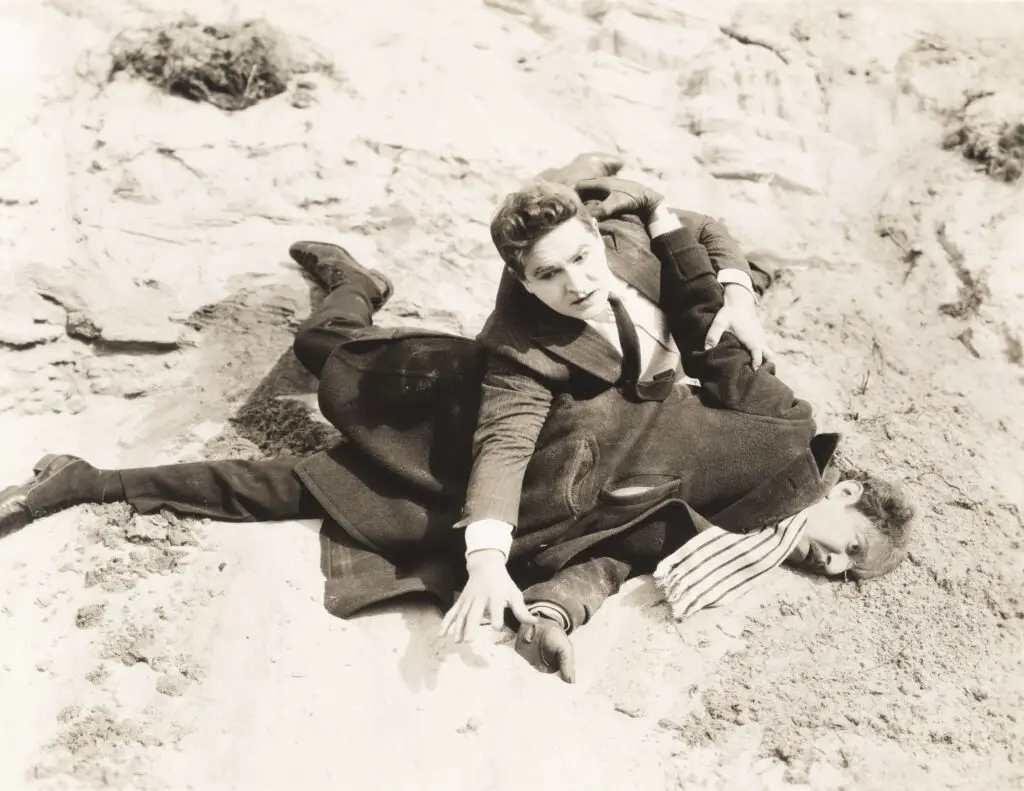
If someone called you a “raggabrash” centuries ago, you were being labeled as a lowlife troublemaker. This insult was reserved for those who were seen as disorderly, reckless, and generally up to no good. It implied that you were unkempt and had little regard for social rules or personal hygiene. Back in medieval times, being a raggabrash could mean you were seen as part of the criminal underclass or simply a general nuisance.
While today it sounds more like a rejected band name, at one point, it could have sparked a fight in the street. If someone accused you of being a raggabrash, you might have to prove otherwise—or double down and embrace the reputation. Nowadays, we just call people rebels or hooligans, but raggabrash has a certain charm to it. Maybe it’s time to bring it back for rowdy partygoers and troublemakers alike.
5. Mumpsimus

Calling someone a “mumpsimus” was a scholarly way of saying they were stubbornly clinging to a mistake. The term dates back to the 16th century when an illiterate priest mispronounced a Latin word during mass. When corrected, he refused to change his ways, insisting that his version was just fine. Over time, “mumpsimus” became an insult for people who refused to accept facts, even when proven wrong.
If you were called a mumpsimus, it meant you were being thick-headed and resistant to reason. In an era where knowledge was power, that could be a serious blow to your credibility. Today, we might call someone “ignorant” or “hardheaded,” but neither has quite the same flair. Next time someone refuses to admit they’re wrong, just shake your head and call them a mumpsimus—they might not understand it, but that’s kind of the point.
6. Fustilugs
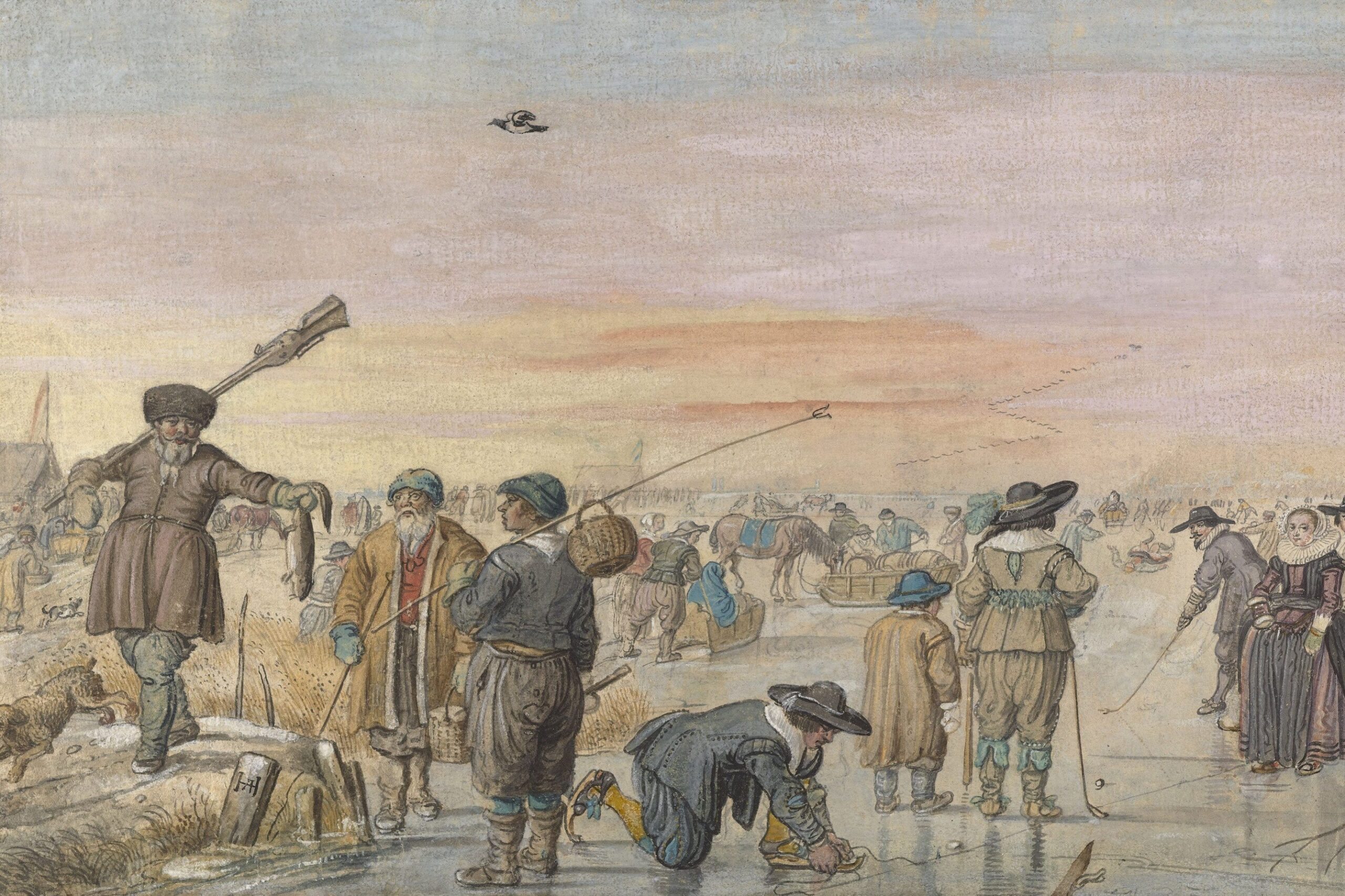
Being called a “fustilugs” was a direct insult to both your body and personality. This old insult meant someone was overweight, clumsy, and generally unpleasant to be around. It painted a picture of a sluggish, sweaty person who lumbered around without much grace. Shakespeare himself used it in The Merry Wives of Windsor, so you know it carried weight—literally.
It wasn’t just about size; it also suggested laziness or a bad attitude. If someone hurled “fustilugs” at you in the 16th century, it was likely meant to start a fight. Today, we’d probably just call someone a slob, but fustilugs has an old-school ring to it. If you ever want to insult someone in the most Shakespearean way possible, this might be your best bet.
7. Gillie-wet-foot
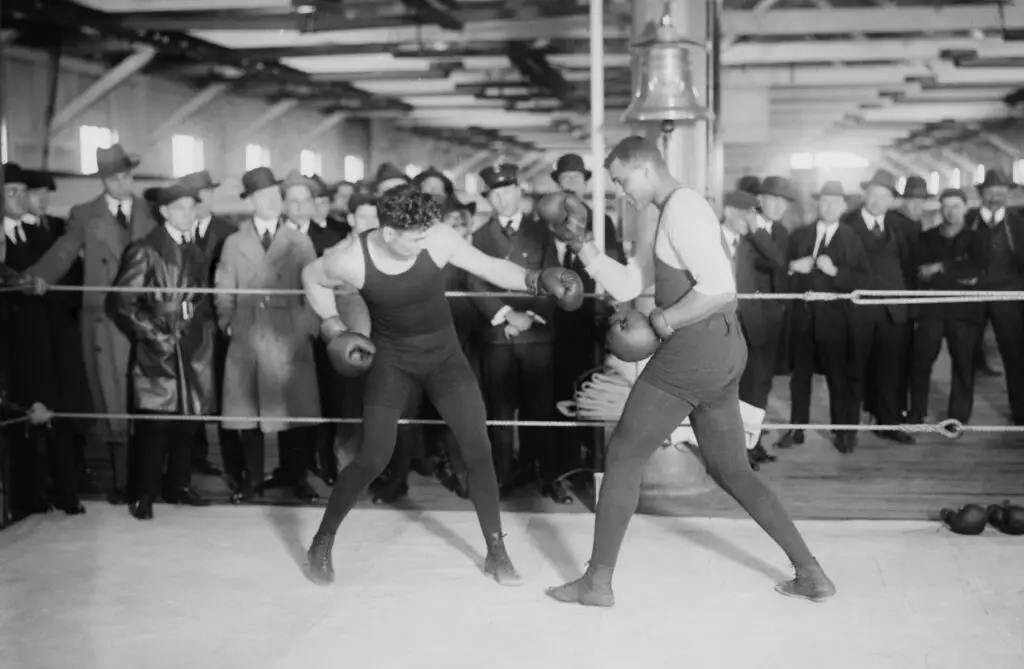
If someone called you a “gillie-wet-foot,” they were accusing you of being a sneaky, untrustworthy coward. The term originated in Scotland, referring to people who slunk through the woods and marshes, avoiding confrontation. It was often used to describe someone who ran from a fight instead of standing their ground. Being labeled a gillie-wet-foot could seriously damage your honor, especially in a time when bravery was everything.
In a world where duels and battles were part of settling disputes, being known as a coward was a serious insult. It was worse than being called a thief or liar—at least they had some backbone. These days, we might just call someone a chicken, but gillie-wet-foot has an undeniable charm. If you ever want to insult someone without them realizing it, this one might just work.
8. Scullion

A “scullion” was a term used to insult someone by labeling them as a lowly servant or menial laborer, often working in kitchens. The insult implied that the person was dirty, subservient, and of the lowest social rank. It was particularly harsh because it not only attacked a person’s character but also their social standing, suggesting they were fit only for menial tasks with no hope of rising above their station. In an era where class distinctions were rigid, being called a scullion was an affront to both pride and social ambition.
If someone threw this insult your way, it was more than just a slight—it was a challenge to your worth and respectability. It could easily escalate into a full-blown argument or even a duel, depending on the situation. Today, it might sound archaic, but calling someone a scullion still carries a sharp sting. Next time you want to put someone in their place with historical flair, this term does the job perfectly.
9. Fopdoodle
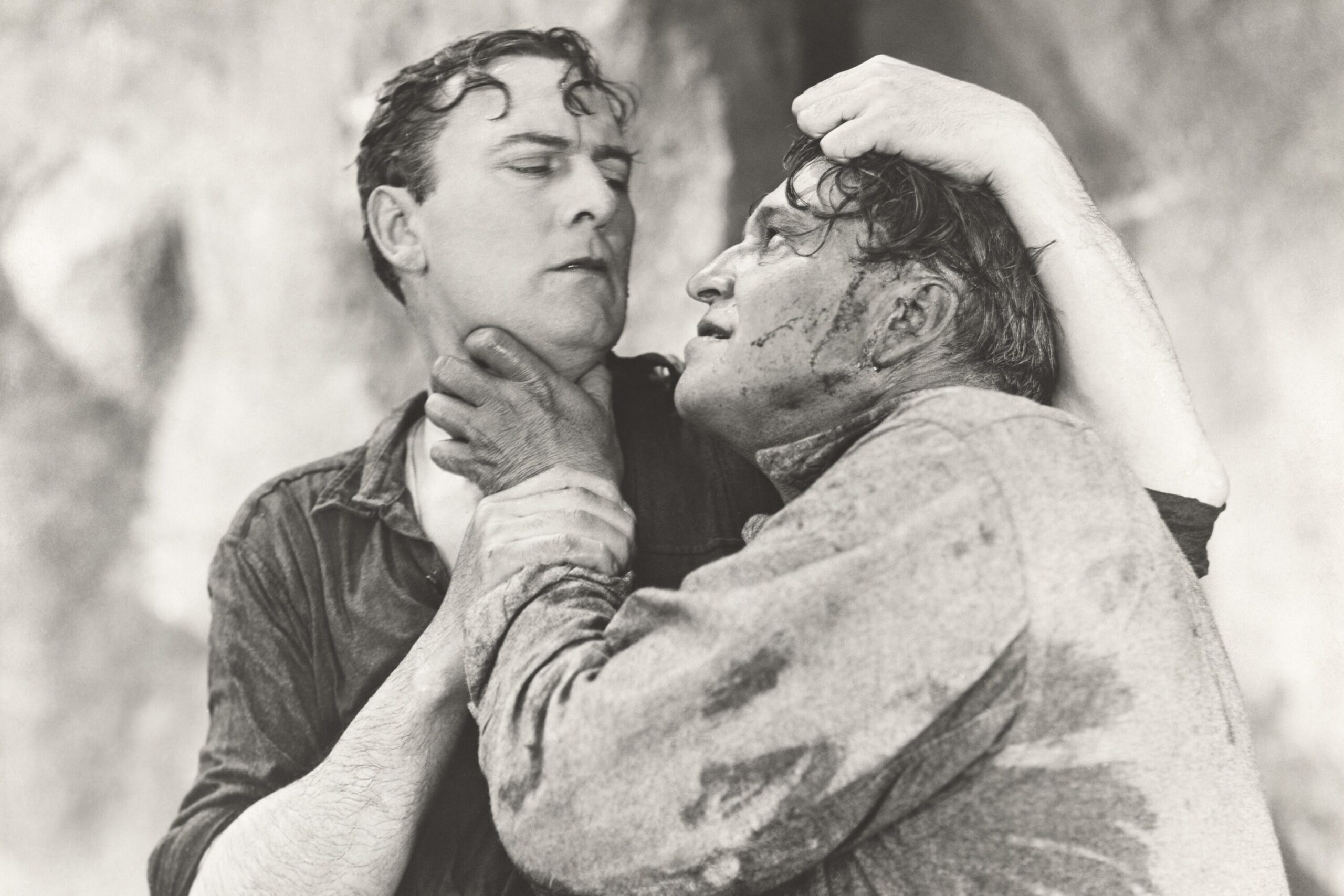
A “fopdoodle” was a harsh insult in the 17th and 18th centuries, reserved for someone considered insignificant and foolish. The term combines “fop,” meaning a man overly preoccupied with appearance, and “doodle,” which suggests nonsense or foolishness. Essentially, calling someone a fopdoodle implied they were a vain, clueless buffoon with no real substance or intelligence. It was the verbal equivalent of saying, “You’re all style, no substance, and completely worthless.”
In an era obsessed with social hierarchy and personal honor, being called a fopdoodle could have serious social repercussions. It wasn’t just an insult—it was an attack on your character and your place in society. Nowadays, it might sound comical, but back then, it could spark a duel or at least a dramatic public argument. If you’re looking to insult someone without sounding too harsh, slipping in “fopdoodle” might just do the trick.
10. Pigeon-Livered
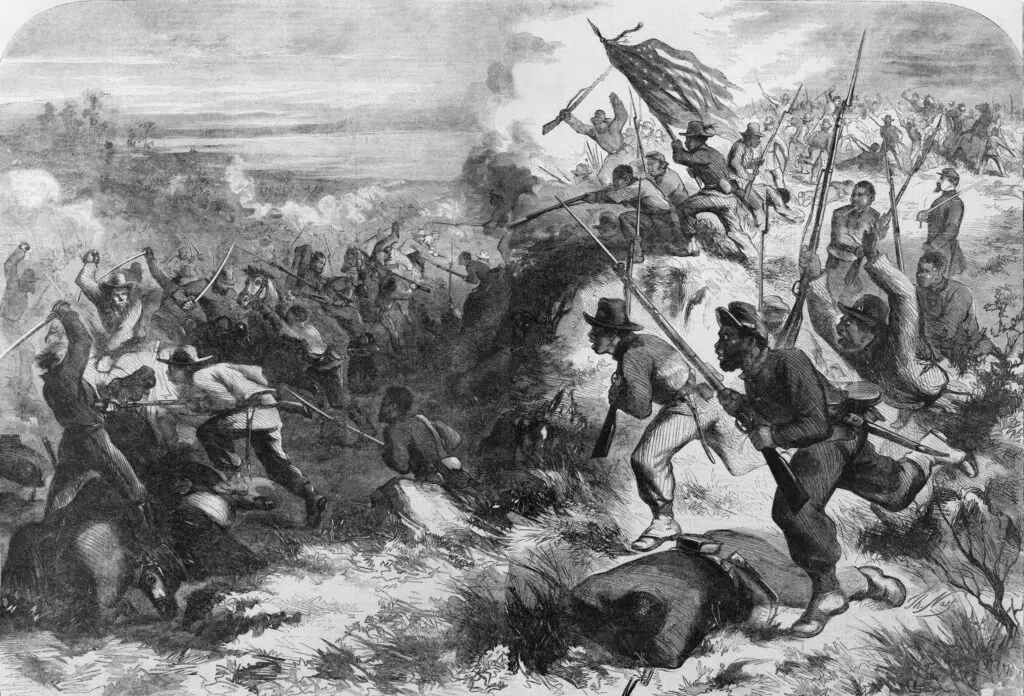
To be called “pigeon-livered” was an insult aimed at cowardice. It suggested that the person in question was as spineless and timid as a pigeon, whose liver was believed to be weak and pale—symbolizing fear and a lack of courage. Shakespeare used this term in Henry IV, cementing its place in the lexicon of insults. Calling someone pigeon-livered meant you were challenging their bravery and manhood, a serious accusation in a time when courage was highly prized.
In historical contexts, bravery was not just admired; it was expected. Being labeled a coward could cost you your honor, your reputation, and sometimes your life. Today, we might call someone a coward or a scaredy-cat, but “pigeon-livered” carries a certain dramatic flair. If you want to question someone’s bravery with flair, this insult brings a touch of Shakespearean gravitas to the table.
11. Coxcombical Buffoon
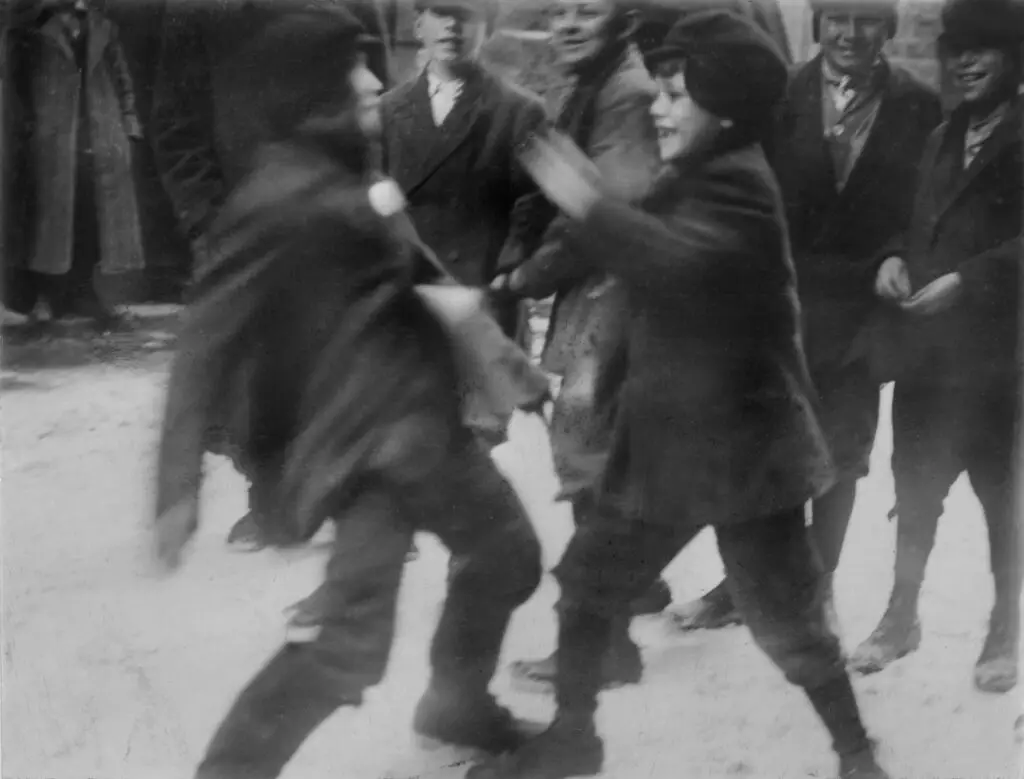
Combining two insults into one, “coxcombical buffoon” was an especially cutting remark. “Coxcomb” implied vanity and foolishness, while “buffoon” suggested stupidity and clownish behavior. This double whammy insult painted a picture of someone who was not only absurdly vain but also utterly foolish in their antics. It was the kind of insult thrown at people who made a spectacle of themselves, blending arrogance with ridiculous behavior.
This insult left no room for ambiguity—it called someone both foolish and pompous. In societies where pride and decorum were vital, being labeled a coxcombical buffoon could damage your social standing beyond repair. Today, we might just say “you’re ridiculous,” but this old insult packs much more punch. If you want to deliver a cutting remark with historical weight, this one is a winner.
12. Rakehell
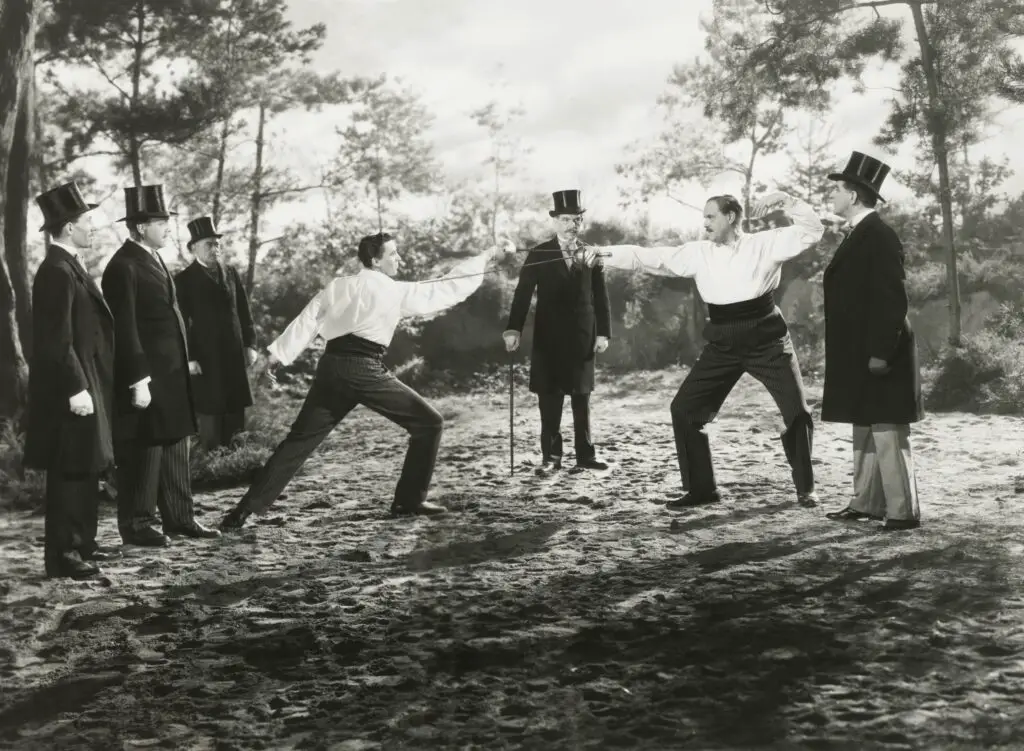
A “rakehell” was someone who lived a reckless, immoral life with little regard for social norms or personal responsibility. It comes from “rake,” referring to a man who indulged in excessive drinking, gambling, and promiscuity, and “hell,” underscoring the severity of their behavior. This insult was directed at men who flaunted societal expectations and embraced hedonism without shame. In the 17th and 18th centuries, a rakehell was the person you warned your daughters to avoid at all costs.
Calling someone a rakehell was more than just an insult—it was a declaration that they were morally bankrupt and a danger to society. It could tarnish one’s reputation forever, making social redemption nearly impossible. Today, we might label someone as reckless or a bad influence, but rakehell has a much more dramatic and damning tone. If someone you know lives life on the edge and you want to shame them with style, this insult fits the bill perfectly.
13. Mooncalf

“Mooncalf” was a term used to describe someone who was seen as foolish or absent-minded, often with the added implication of being strange or grotesque. The word originated in the 16th century, referring to a malformed creature supposedly born under the moon’s influence. Over time, it evolved to mock people who were clumsy, awkward, or simply out of touch with reality. If you were called a mooncalf, it was an attack on both your intellect and appearance.
In a time when societal roles and intelligence were closely linked, being a mooncalf could seriously harm your social standing. It suggested that you were not only foolish but also outside the bounds of acceptable behavior or appearance. Today, we might just say someone is “spacey” or “clumsy,” but mooncalf carries an almost whimsical cruelty. It’s the perfect insult if you want to question someone’s mental sharpness while sounding like you stepped out of a Shakespearean play.
14. Hedge-Pig
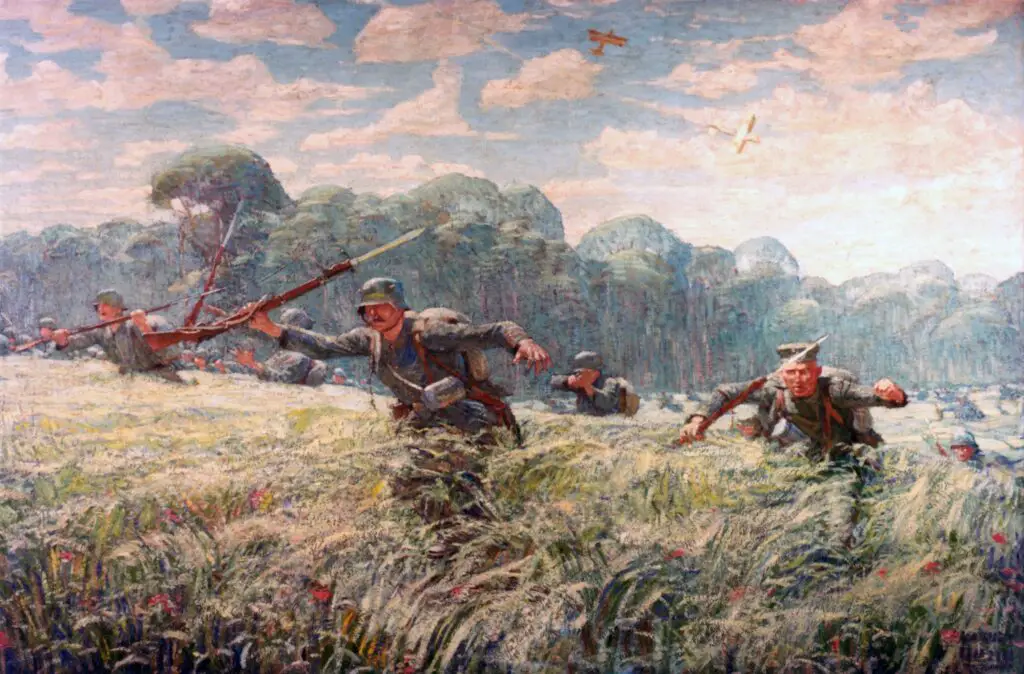
The term “hedge-pig” was used as a sneaky way to insult someone’s cleanliness and social status. It likened a person to a hedgehog or a wild pig—creatures thought of as dirty, uncouth, and living on society’s fringes. Calling someone a hedge-pig suggested they were unrefined, grubby, and unworthy of polite society. It was especially cutting in times when social class and hygiene were tied closely to a person’s reputation and worth.
Being labeled a hedge-pig was a direct hit to both your social standing and your personal pride. It implied that you were not only uncultured but also had no hope of improving your lot in life. Today, we might just say someone is dirty or unkempt, but hedge-pig adds an extra layer of disdain. If you want to insult someone’s tidiness and class with medieval flair, this insult is your best bet.
15. Jack-a-Nape
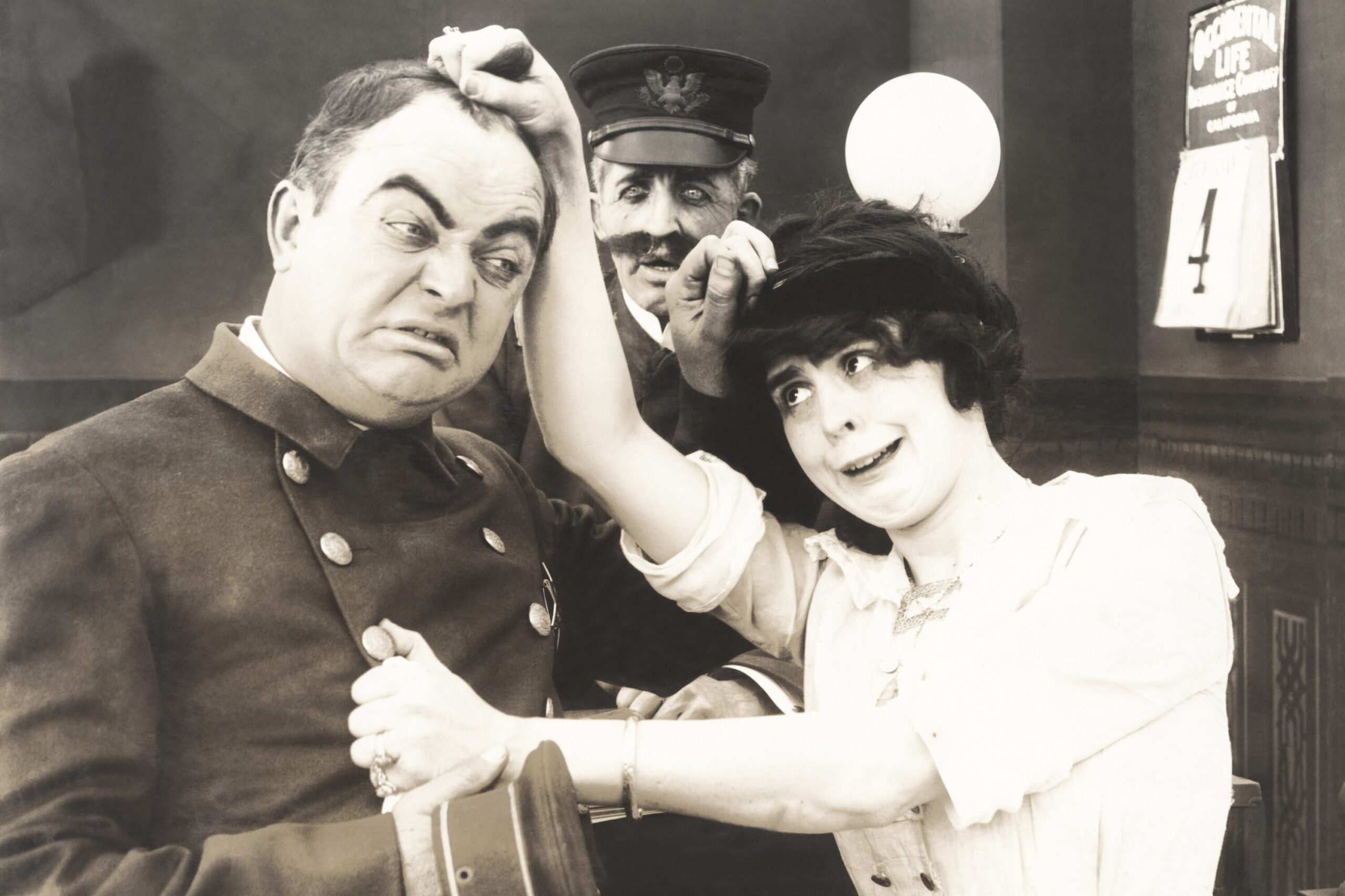
“Jack-a-nape” was a delightful insult used to describe someone as impertinent, cheeky, or audacious. The term combines “Jack,” a generic term for a common man, with “nape,” referring to the back of the neck. The insult implied that the person was not only disrespectful but also had the nerve to challenge authority or societal norms openly. It was a way to criticize someone for being insolent and overly bold, especially when they had no right to be.
In a time when social hierarchy dictated behavior, being called a Jack-a-nape could be a serious rebuke of your social overstepping. It marked you as someone who knew your place and refused to stay there. Today, we might use words like “cheeky” or “audacious,” but Jack-a-nape has a charming old-world sting. If someone’s being a bit too bold for their own good, this insult delivers the perfect mix of disdain and wit.
